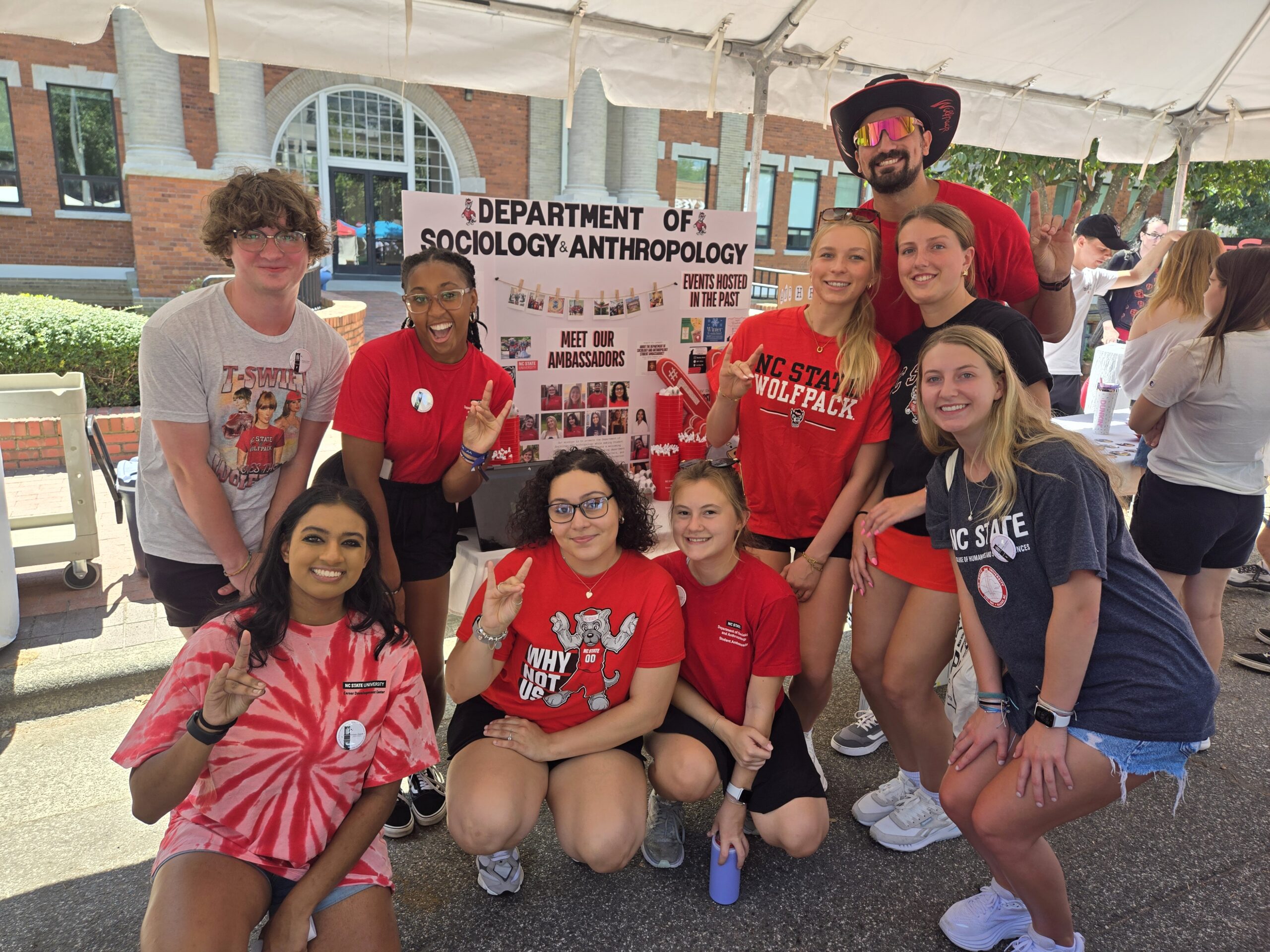“Where Successful Students Meet”: Professor-Recommended Resources
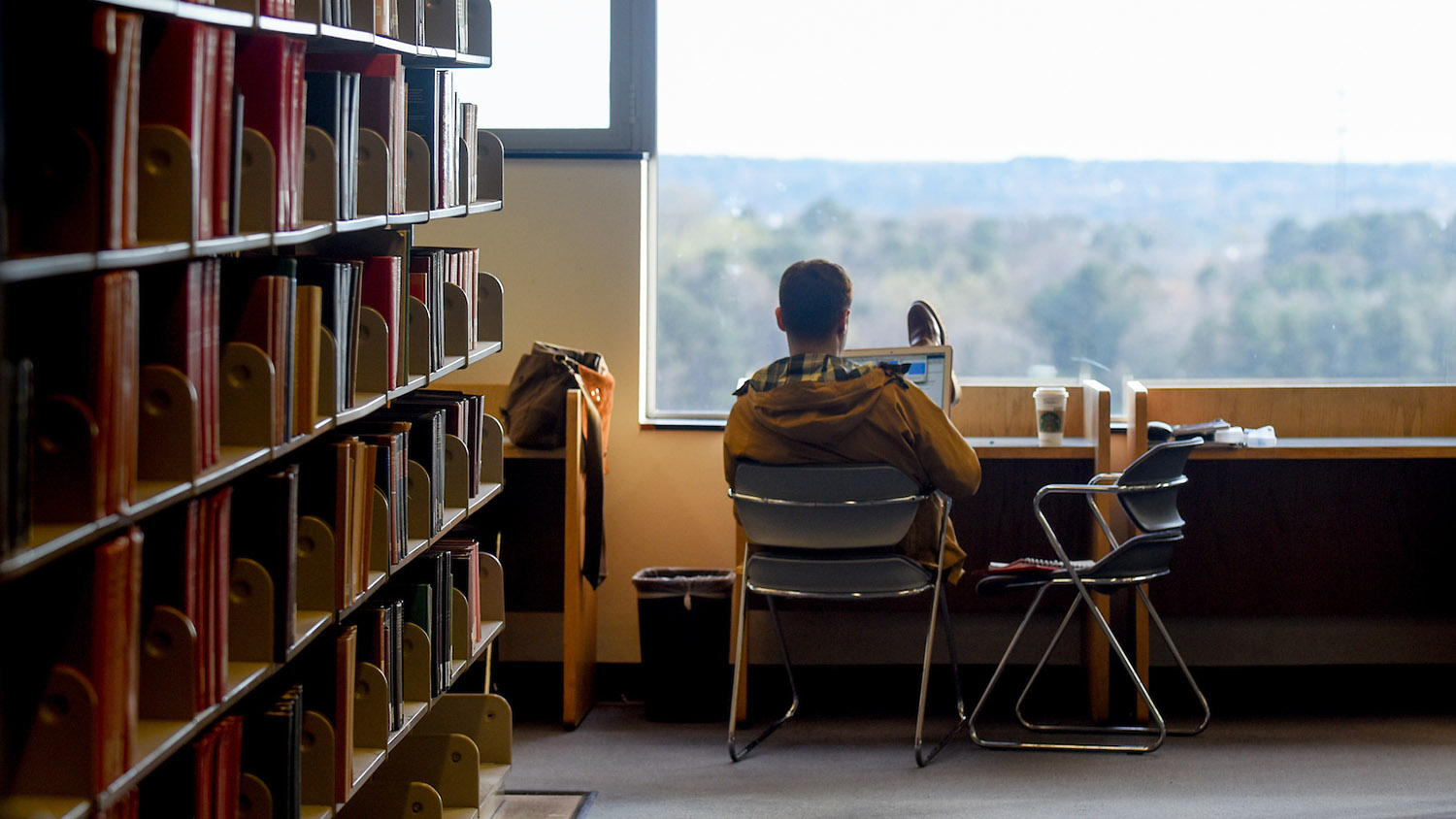
When students are in the depths of the semester, it can often be difficult to figure out what resources to seek out. They have lots of different classes and projects going on that they may need assistance with. NC State has numerous resources available to help with any number of situations. From papers, to tutoring, to study tips, to mentoring, NC State is sure to have it covered. Professors and advisors in Sociology, Criminology, and Anthropology offered their advice for students and what resources they recommend for their classes.
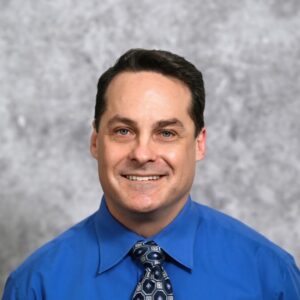
Dr. Jim Yocom is an Assistant Teaching Professor and Academic Advisor who works with Criminology BA, Sociology BA, and Sociology BS undergraduates. He teaches SOC 320- Survey Design, SOC 381- Sociology of Medicine, SOC 427- Sociology of Law, and SOC 429- Quantitative Data Analysis. When asked what resources he would recommend to students, he said “Soc 429 students can make use of the drop-in tutors at Hill Library for questions involving the R statistical software. More broadly, my classes can pose challenges for students with time-management issues. The Academic Success Center has online resources for time-management issues.” When asked what the most important thing a student can do to be successful in his class, Dr. Yocom explained “Procrastination is a killer. Take deadlines seriously and create personal mini-deadlines to get work done early. Deadlines really do matter. So start work early, turn paper tasks into chunks and put them on your calendar, and spread exam studying into structured intervals over the course of the entire term.” Time management is often one of the hardest but most important things for college students to learn because it can make or break how the class goes. Even during the busiest times of the semester, it is important to stay up to date on work. Dr. Yocom reminds students when they get stressed that they must “Learn to recognize—deeply—the signs of stress in your body, the swirls of emotions, and the parade of thoughts that may parade through your head. Don’t judge yourself, don’t try to force yourself to ‘calm down,’ don’t deny or repress it, don’t chide yourself for not getting a handle on it, don’t fantasize that you can control it, or that you’re somehow broken or that it ‘should’ be easy to make go away. Over time, you’ll have an easier time getting the work done.” It can be really easy to let stress and anxiety overtake the mind, so be sure to find time for self care and learn to recognize and cope with the stress to continue to be successful.
Dr. Trey Green is an Assistant Teaching Professor and Academic Advisor who works with Criminology and Sociology students. He teaches SOC 306- Criminology, SOC 425- Juvenile Delinquency, and SOC 428- Formal Institutions of Social Control. When asked what resources he recommends to students in his classes, Dr. Green explained “I wish that more students would come to me when they find themselves falling behind in my classes. I am generally flexible and I am more than happy to work with my students who need help.” Reaching out to teachers can be daunting, but they are the best source to help with their specific class! Dr. Green also explained that “Most students who are struggling in classes are also struggling outside of classes. In fact, the outside of the classroom struggles are often a key contributor to why students fall behind in classes. As such, I think more students should be utilizing the many counseling services offered on campus. One example is the in-house CHASS counseling with Dr. Jenn Archer, located in the lobby of 1911 Building in room 116.” Students’ lives extend far beyond the classroom and grades, and counseling is one of the best ways to get connected with the resources they need. Dr Archer can get students connected with many different departments and counseling services to fulfill their needs. Dr. Green encourages students to be more engaged with his course readings and lectures because students who are more engaged have higher grades at the end of the semester. He also encourages students who are stressed that “It is okay to ask for help, whether that means asking for an extension on an assignment, finding a counselor to talk to, or asking for help from your classmates. There are very few areas in life where you will be expected to accomplish something without the help of the people around you, and college is certainly not one of those areas.” It is so important for students to advocate for themselves and get the help they need in order to be successful.
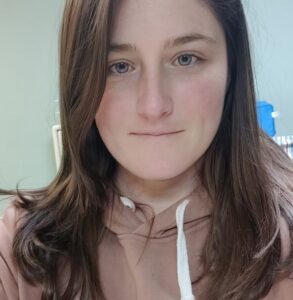
Dr. Chelsey Dyer is an Anthropology lecturer and Academic Advisor. She works with Criminology, Sociology, and Anthropology students and teaches ANT 252- Introduction to Cultural Anthropology, ANT 395- Cross Cultural Constructions of Race, ANT 325- Andean South America, and ANT 295- Anthropology of Social Movements. Dr. Dyer explains how getting involved in student clubs and organizations can help students understand key anthropological concepts she teaches. “So much learning happens outside of the classroom in really meaningful ways, from within student organizations to the multicultural center. I find that these types of events and opportunities help students understand Anthropological concepts beyond words on a page to expand on the intimate lived realities of human experiences.” She also encourages students to visit the Writing Center and Career Center. In order to be successful in her classes, Dr. Dyer encourages students to engage with the material and readings in a way that best suits their personal learning style. She also says that her “biggest suggestion is to reach out with any questions or just to chat about class materials with me or friends. Chatting things through in an informal setting can be a great way to understand the depth of your knowledge and where there are holes.” She also encourages students to reach out to her when they become overwhelmed. “I am more than willing to work with students to figure out a plan for moving forward and support in any way I can. Also, I in general love hearing from students and genuinely want you to have a good educational and college experience. So, remember that we care, we are human too, and we want to help!” Teachers are not just there to lecture. They are part of the support system for students to help them succeed and have a positive educational experience.
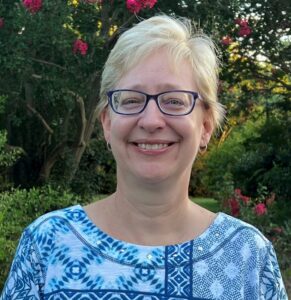
One of the most recommended resources to students is the Academic Success Center located in DH Hill Library. The center offers many services, including one-on-one tutoring, academic peer mentoring, drop-in tutoring, and weekly group tutoring. Drop-in is available for math and science, with math tutoring from 6pm to 9pm Mondays through Thursdays. Students do not have to bring a question to stop by the space and work, but then a support team is there to help if need be. The writing program helps students at any stage of the writing process and is not just for essays. They can help with group projects, assignments, and job-related projects too. The director of the Academic Success Center, Barbie Windom, says the writing program is the least used by students, but one of the most helpful resources the ASC offers. She has been the director for eighteen years and oversees the ASC’s programs, professional staff, and over 150 student tutors and mentors. The ASC also offers Academic Peer Mentoring which is not content specific and matches students to mentors, as well as group tutoring which is a commitment to meeting once a week to discuss and work on a given subject. Students have access to tons of resources and ways to set up appointments on the ASC website, so they don’t even have to come into the library to get assistance. The best part? All of these resources are completely free to use! The Academic Success Center is designed to help students continue to succeed in their educational experiences. After all, the slogan of the ASC is “Where Successful Students Meet!”
Successful students meet with their professors, advisors, counselors, and organizations on campus and utilize the resources at their disposal! Remember that there are tons of people who want you to succeed, care about you, and are willing to help you along the way. So next time you have an assignment coming up or need a little extra bit of support, remember to ask and reach out to your support system here at State!
This article was written by Katie Call, Student Ambassador



